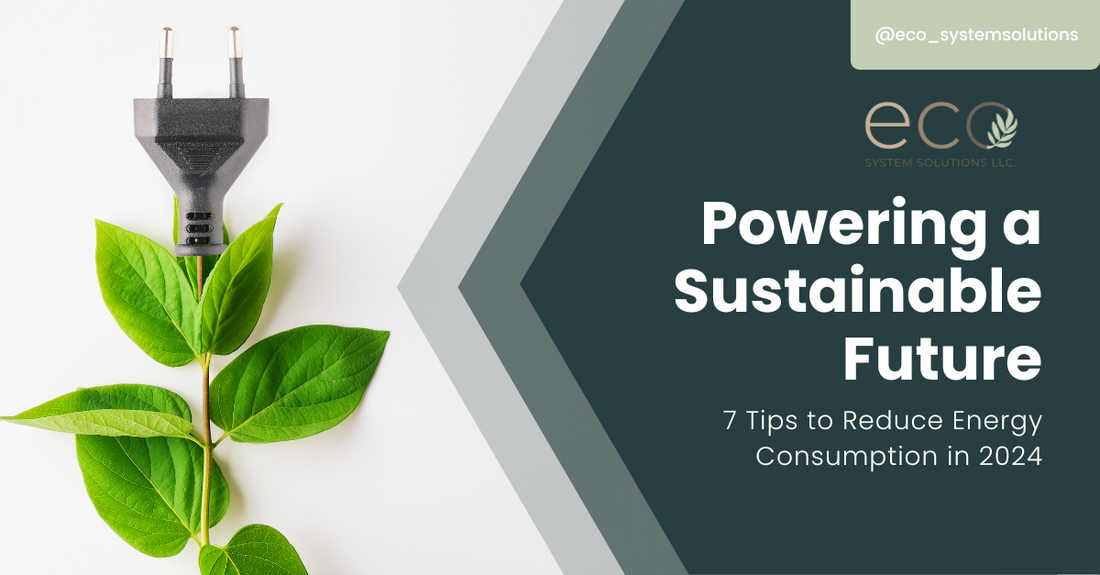Introduction
In the face of our current climate challenges, each individual's actions can play a crucial role. Embracing a sustainable lifestyle not only benefits the planet but also contributes to a healthier and more resilient future. Some of these hacks may cost a little upfront, but consuming less energy means spending less money in the long run. Here are seven impactful tips for reducing your environmental footprint in 2024.
1. Energy-Efficient Living
To kickstart your journey, focus on optimizing your energy consumption. From using energy-efficient appliances to making the switch to LED lighting, small adjustments in your daily habits can lead to significant energy savings. Remember to unplug electronics and chargers when not in use to minimize phantom energy consumption.
2. Embrace Renewable Energy
Transitioning to renewable energy sources is a pivotal step in reducing reliance on fossil fuels. Consider installing solar panels, exploring wind energy options, or supporting community-driven hydroelectric projects. By making this switch, you actively contribute to a cleaner and greener energy landscape.
3. Adopt the 3Rs
The mantra of "Reduce, Reuse, Recycle" remains a timeless guide to sustainable living. Minimize waste by choosing products with minimal packaging, recycling diligently, and considering the environmental impact of your purchases. Small choices collectively lead to more sustainable consumption patterns.
4. Water-Wise Practices
Conserve water by fixing leaks, installing water-saving fixtures, and adopting mindful water habits. Simple practices, such as taking shorter showers and responsibly watering your lawn, contribute to water conservation efforts.
5. Sustainable Transportation
Make greener choices in transportation by utilizing public transit, carpooling, biking, or walking whenever possible. These alternatives not only reduce your carbon footprint but also promote healthier and more active living.
6. Locally Sourced and Organic Eating
Support local farmers and reduce your food's carbon footprint by choosing locally grown and organic produce. Your dietary choices can have a direct impact on local economies and the overall sustainability of food systems.
7. Green Spaces and Planting
Contribute to the health of the planet by planting trees and cultivating green spaces. Trees absorb carbon dioxide, provide habitats for wildlife, and enhance overall air quality. Engaging in gardening activities connects you with the environment while fostering biodiversity.
Conclusion
As we navigate the challenges of our era, these seven tips provide a foundation for meaningful change. By integrating sustainable practices into our daily lives, we not only reduce our individual impact but also collectively work towards a more sustainable and resilient future. Remember, every positive choice you make contributes to a more environmentally conscious and harmonious world.

